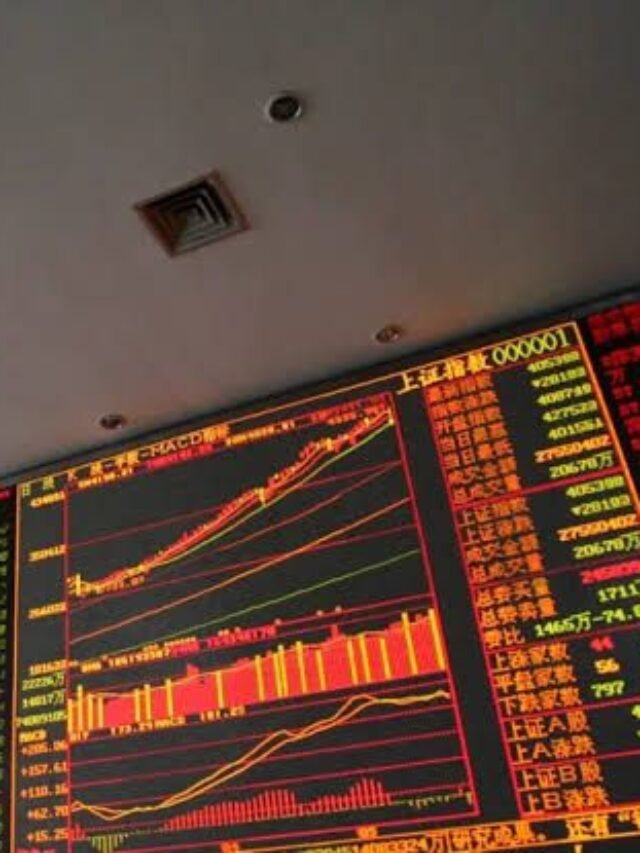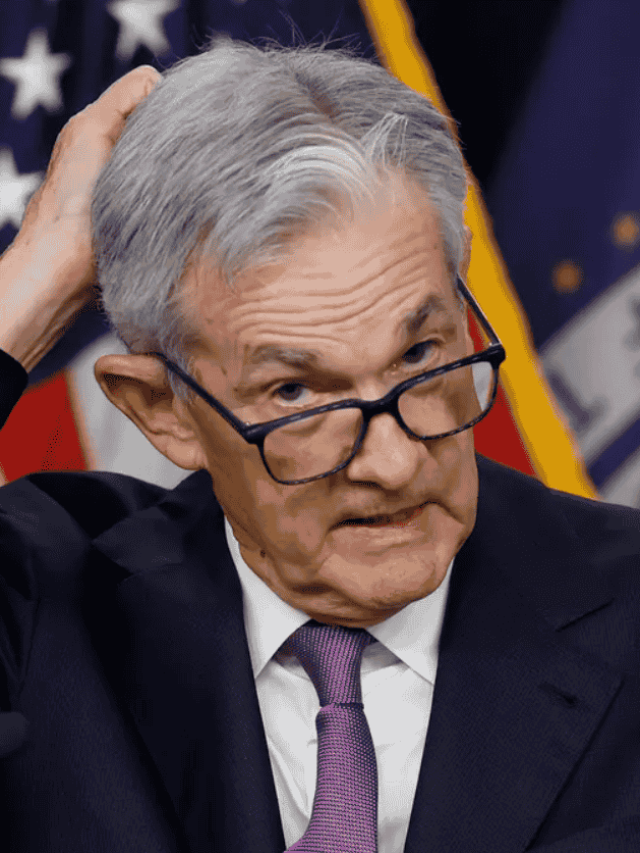Bitcoin has seen a dramatic decline in a surprising turn of events, falling below the $100,000 mark for the first time in days as U.S. President Donald Trump followed through on his threat to impose significant tariffs on several of the country’s largest trading partners in Canada, Mexico, and China. The tariffs, set to take effect this Tuesday, have sent shockwaves across global markets, and the cryptocurrencies have borne the brunt of it. The slump, which has affected altcoins more severely, comes as a response to the growing trade tensions between the U.S. and these nations. These tariffs have taken a very quick toll and at a severe rate, especially in the cryptocurrency market. Bitcoin (BTC), known as the “safe haven” during periods of global instability for investors, lost 2% in value and now hovers above the $100,000 mark. A day ago, it had hit an all-time high of about $106,000, but it is now hanging by a thread at the lower end, exposing even the largest cryptocurrencies to geopolitical shifts.
The Tariffs and their impact on Global Markets
Trump’s move to impose a 25% tax on imported goods from Mexico and Canada, in addition to a 10% tax on China’s imports, has sent a ripple effect across global markets that still are trying to digest the effects of these new measures. Where traditional markets remained closed over the weekend, the cryptocurrency market, open 24/7, was hit with most of the initial effects.
He tied the imposition of tariffs to the continued flow of illicit opioids into the U.S. from those countries, particularly fentanyl, which is that devastatingly potent synthetic drug that has sent overdose deaths skyrocketing across the nation.
The president said he would leave those tariffs there until such a time when the affected countries are able to prove that they have indeed stopped the flow of drugs into the U.S. This decision makes it clear that the administration aims to fight drugs, especially fentanyl, an issue that is increasingly becoming important in public health. The implications are profound about what the unrelenting trafficking of illicit opioids and other drugs entails for our Nation, further jeopardizing life and severely stressing our healthcare, public services, and communities; therefore, these measures are included as part of this broader approach for protecting our citizens, ” declared President Trump, in Executive Order, formulating the proposed tariffs.

Bitcoin’s Reaction and the General Slump within Crypto Market
This is not the first time the cryptocurrency market is proving sensitive to global economic and political developments, and the latest developments are no exception. Bitcoin, which has been seen as a resilient digital asset, is vulnerable to rising tensions between the U.S. and its major trading partners and other nations who have benefited under an economic system that fears nationalism.
A fall of 2% to less than $100,000 from Bitcoin is dramatic compared to the recent days’ bullish movement. Bitcoin had hit $106,000 in just a few hours.
Investors are now under pressure as they tread cautiously over the volatile market. Bitcoin’s fall, although noteworthy, is rather mild when compared to the plunge seen in many altcoins. Altcoins such as Ether (ETH), XRP, and Solana (SOL) are faring even worse, with losses between 6% and 8%. The broad-based sell-off has seen the CoinDesk 20 Index, which tracks the top 20 digital assets by market cap, drop 4.8% in the wake of the tariff announcements. The fall in altcoins has been further amplified by the overall sentiment in the markets.
As the crypto space has matured, many of these altcoins have become more correlated to the movements in traditional asset classes. The imposition of tariffs has led to a “risk-off” mood across global markets, and cryptocurrencies are feeling the brunt of this shift. Investors are pulling back as they wait to see how the U.S. and its trading partners will respond to these escalating tensions. The political and economic backdrop of the situation is that President Trump’s tariff measures are not occurring in a vacuum. These actions are part of a larger political and economic strategy that the administration has advocated for since the beginning of his presidency. Imposing tariffs on goods from Mexico, Canada, and China puts Trump at the forefront of a hard stance on trade negotiations, which reflects his administration’s “America First” approach.
This is best seen in the rhetoric on the opioid crisis. In the executive order allowing for the tariffs, the president opined that this ongoing crisis, which is being fueled in part by drugs from these countries, has placed a tremendous burden on the country’s healthcare system. His stance has caused a backlash and worry in political leaders of Canada and Mexico.
Canada will retaliate if the US moves forward with tariffs,” a sharply worded social media message from outgoing Prime Minister Justin Trudeau said. “No one — on either side of the border — wants to see American tariffs on Canadian goods,” he wrote on X. Trudeau threatened that Canada will be prepared to respond forcefully and immediately, piling uncertainty atop an already explosive situation.
What’s the Future for Bitcoin and Crypto?
As the United States prepares to enforce the tariffs, crypto investors are priming for further volatility. Short-term positioning is unknown with both Bitcoin and altcoins bearing downward pressure. The sub-$100,000 mark for Bitcoin becomes a big drop and may see further reasons down the line as global markets, in general, adjust to the increasing trade tensions. Traditionally, the market will be shut over the weekend, and for this reason, the crypto market is uniquely poised to feel the immediate effects of the tariffs. The next couple of days would determine how the investors view the future of the digital currencies with this new wave of global trade tensions. At a broader context, this war may set precedent on how the cryptocurrencies will handle the geopolitical risks in the future. As blockchain technology and digital assets continue to gain mainstream attention, market participants will need to assess how much they can rely on the stability of digital currencies when faced with such global shocks. Whether Bitcoin and other cryptocurrencies can hold their ground or continue to be swept up in broader geopolitical events remains to be seen, but the current crisis serves as a stark reminder of the sensitivity of the market.
Conclusion
The widest confusion in the Bitcoin and the broader crypto market due to President Trump’s tariffs on Canada, Mexico, and China is seen. Tariffs already shook up the markets; Bitcoin went down to $100,000 and altcoins took it more negatively. As the situation unfolds, investors watch how these global trade tensions will play short-term roles on the crypto market. In an overreaction by the market to these trade war threats, however, some expect that the political risks may go on to strangle digital currencies. The upcoming days will test the future resilience of cryptocurrencies through these trade war disputes.
















